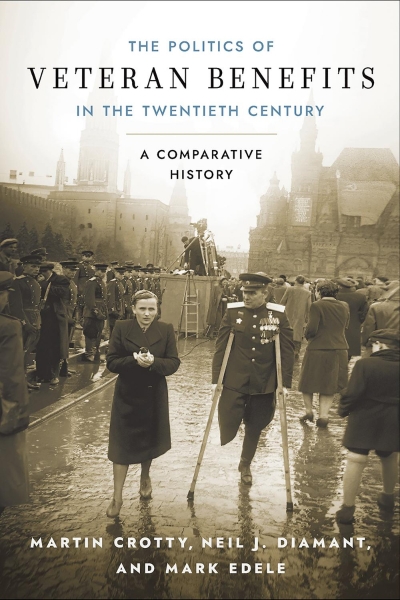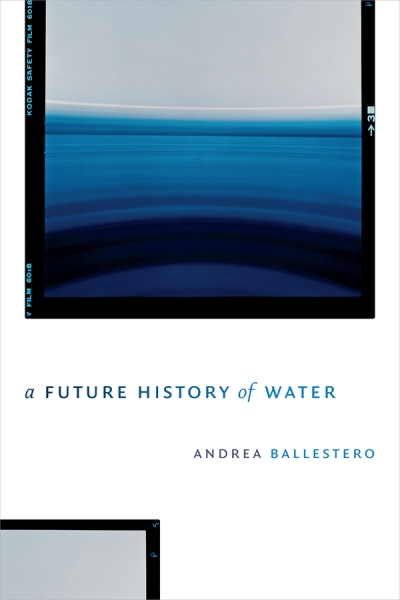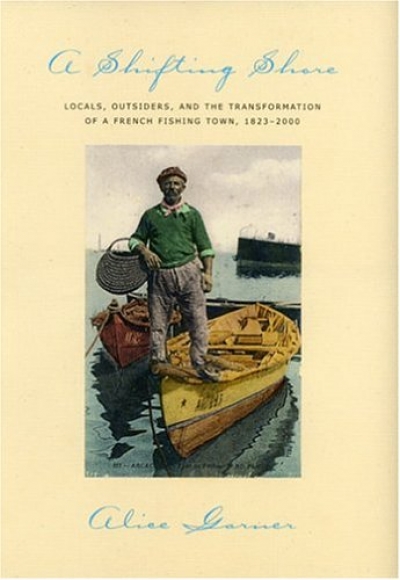Cornell University Press
Destination Elsewhere: Displaced persons and their quest to leave postwar Europe by Ruth Balint
by Ebony Nilsson •
The Politics of Veteran Benefits in the Twentieth Century: A comparative history by Martin Crotty, Neil J. Diamant, and Mark Edele
by Christina Twomey •
A Future History of Water by Andrea Ballestero & Anthropogenic Rivers by Jerome Whitington
by Timothy Neale •
The Other Dickens: A Life of Catherine Hogarth by Lillian Nayder
by Grace Moore •
A Not-So-Distant Horror: Mass violence in East Timor by Joseph Nevins
by Richard Broinowski •
A Shifting Shore: Locals, outsiders, and the transformation of a French fishing town, 1823-2000 by Alice Garner
by Gay Bilson •
Racism in Mind edited by Michael P. Levine and Tamas Pataki
by Janna Thompson •
Death of a Notary: Conquest and change in colonial New York by Donna Merwick
by Peter McPhee •








